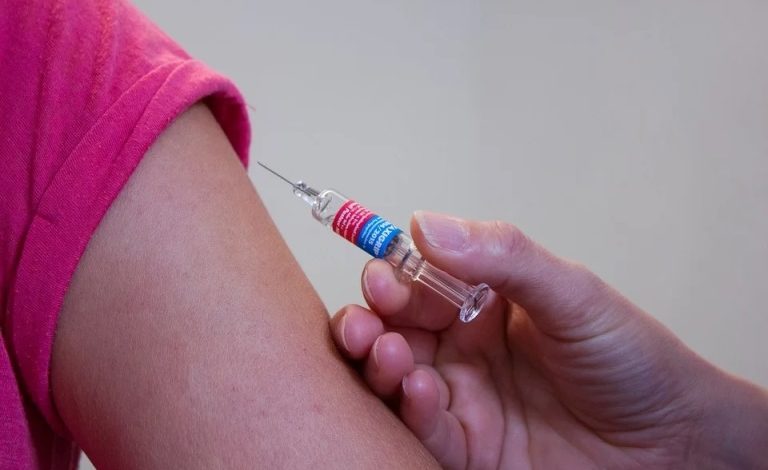EU warns pharma cos of strict export rules amid vaccine delays

The EU has invested ₹2.7 billion in vaccine research and production for the drug companies
The European Union (EU) warned pharmaceutical giants that have developed coronavirus vaccines with EU aid that it must get its shots on schedule, a day after the bloc threatened to impose export controls on vaccines produced within its borders.
The EU made it very clear that it is bent on getting all doses as quickly as their contracts provide for at a time when infections are surging, many hospitals are overwhelmed, and many of the 27 members states are struggling to get their vaccine rollout going at top speed.
The hardening of its position came days after it accused AstraZeneca of failing to guarantee the delivery of coronavirus vaccines without a valid explanation. It also had expressed displeasure over vaccine delivery delays from Pfizer-BioNTech. The Pfizer vaccine is already being rolled out in the EU, and the AstraZeneca one is expected to be approved this week.
“Europe invested billions to help develop the world’s first COVID-19 vaccines,” EU Commission President Ursula von der Leyen told the World Economic Forum’s virtual event in Switzerland. “And now, the companies must deliver. They must honour their obligations.” The EU, which invested ₹2.7 billion in vaccine research and production for the drug companies, “means business”, she added, reflecting the heavy pressure EU nations are under to roll out vaccines.
In a sign of concern that pharma groups might be selling the earmarked doses to higher bidders outside the bloc, Von der Leyen said, “We will set up a vaccine export transparency mechanism to ensure the firms meet their contractual obligations.” Though the bloc says it’s not exactly an export ban, critics say it could lead to it while the EU gets its allotment. Both AstraZeneca and Pfizer have vaccines made in the EU. The EU has committed to buying 300 million AstraZeneca doses with an option on 100 million extra shots. Late last week, the firm said it was planning to reduce the first contingent of 80 million to 31 million. Pfizer said it was delaying deliveries to Europe and Canada while it upgrades its plant in Belgium to increase output.
AP



